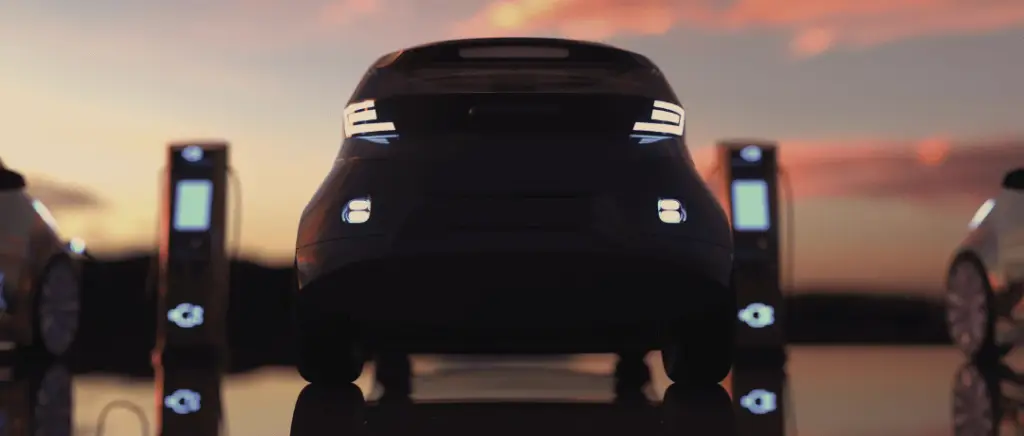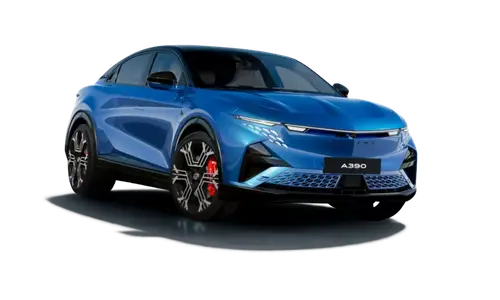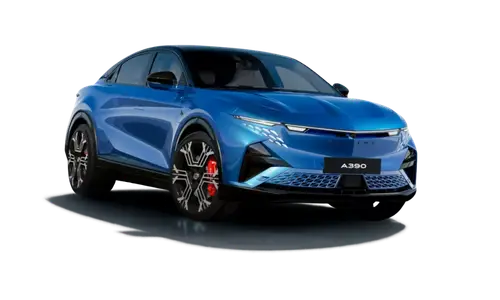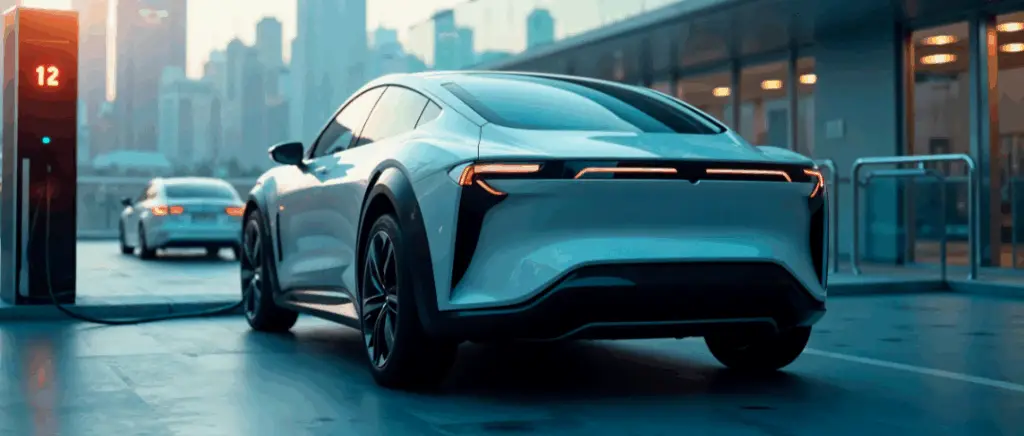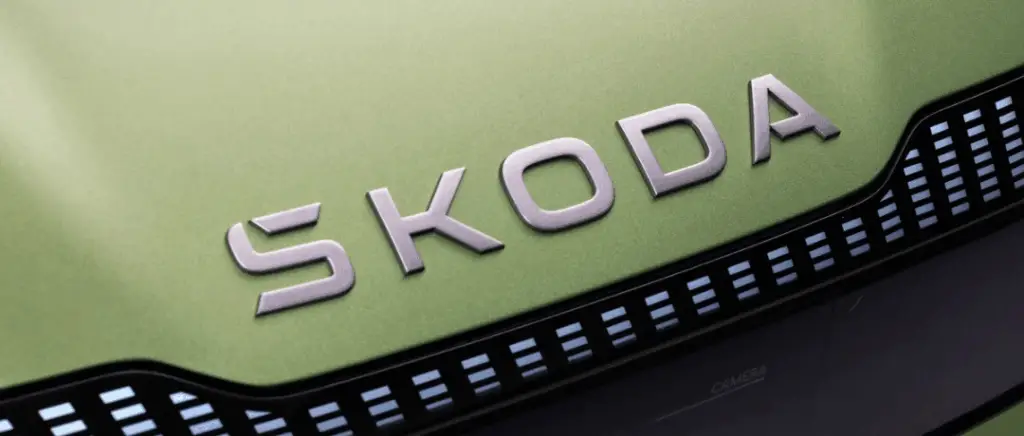You want to order your Beev recharge card ?
Thanks to our card,recharge your electric car with ease at all the charging points available in Europe.
What factors influence the cost of recharging an electric vehicle?
Did you know that the cost of recharging your electric car is not set in stone? There are several factors that can affect the final bill. We're going to take a closer look at these different factors to help you see things more clearly and optimise your electric mobility expenditure.
See also: 8 tips for reducing the energy consumption of an electric car
The route taken
The distances you travel and the types of road you take will have a significant impact on your energy costs.
For example, city journeys, with their many stops and starts, allow greater energy recovery thanks to the regenerative brakingreducing electricity consumption.
💡Did you know? Thanks to regenerative braking, to 30 % fromautonomy can be recovered when braking.
On the other hand, on motorways where speeds are kept high, energy consumption is generally higher. Similarly, journeys involving vertical drop can lead to serious additional energy consumption during ascent and recovery during the descent.
It should also be noted that the the distance you cover plays a crucial role when calculating your recharging costs. Logically, the more you drive, the more energy your vehicle consumes, and therefore the more you need to recharge.
By understanding the impact of the journey on your electric vehicle's energy consumption, you can better estimate your recharging costs and optimise your budget.
The size of the battery of the electric vehicle
When it comes to calculating the cost of recharging an electric vehicle, the car model plays a major role. For example, the battery size of your electric vehicle will play an important key role in the final billbecause it will consume more energy.
In fact, each model is equipped with a specific battery, whose capacity has a direct impact on the cost of recharging. In general, the greater the battery capacity, the higher the cost of rechargingThis requires more electricity to fully recharge it.
For example, loading a 50 to 60 kWh battery such as the Renault Zoe e-Tech could take around 8 hours on a 3.7 kW charging pointwhile a battery of 100 kWh as the Tesla Model S may require more than 12 hours or more to be fully charged.
In short, a Electric SUV with a high-capacity battery compatible with rapid recharging will require a larger recharging budget than a small electric city car slowly refillable at home.
The power of the charging point
The charging stations vary in powerThis directly affects the time needed to recharge your vehicle and therefore the overall cost. High-power chargers can recharge your vehicle more quickly, but this can also mean higher recharging charges.
As a reminder, conventional recharging stations, operating in alternating currentThese include 4 standardised power levels :
- 3.7 kW,
- 7.4 kW,
- 11 kW,
- and 22 kW.
These power choices correspond to specific amperage levels and two distinct types of electricity network.
For more information on this subject, please read our article : How much recharging power do you need for your electric car?
On the other hand low-power recharging stations can offer lower recharging chargesbut the the time required for a full recharge may be longer. The choice of charging point power depends on your individual needs in terms of time, cost and convenience.
Charges for public charging points
It is important to know that public pay stations are affiliated to various networkseach with their own specific pricingSome offer subscription plans or discounts for off-peak recharging. Some offer subscription plans or discounts for off-peak recharging.
To consult : How much do electric car charging points cost?
In addition, the charging costs vary according to the location of public charging pointsIn general, tariffs are higher in urban areas than in rural areas, due to maintenance costs and supply and demand.
In addition differences in pricing can be observed depending on the time of dayWith higher fares during peak periods and discounts available during off-peak periods.
In fact, these significant differences between one public charging solution and another raise a number of problems, as highlighted in our article "The problem of public charging points in France".
💡Good to know: most public charging points require the use of a reload card for your electric vehicle. For example, Beev offers a recharging card that gives access to more than 300,000 recharging points across Europe, free of charge and commission.
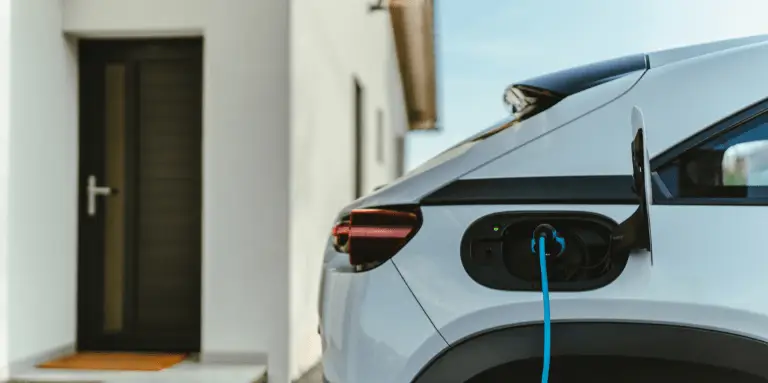
How do you calculate the cost of a top-up?
Electric vehicles are now an essential part of our daily mobility, but it's often difficult to work out exactly how much it will cost to recharge them.
Little known to eco-mobilists, there is a simple calculation that can easily lift the veil on this obscure point that is theestimate the price of your refill. With a few key steps and a little information about your car and the price per kWh, you can easily lift the veil on this obscure point.
To assess the cost of recharging an electric vehicle, a number of factors need to be taken into account:
- the price per kWh,
- the cost per distance travelled,
- and the capacity of the electric vehicle's battery.
This formula is as follows:
Cost of recharging = battery capacity × electricity tariff
This method provides a basic estimate of costs, enabling electric vehicle owners toassess the financial implications of recharging. It's a flexible calculation, adaptable to all models of electric vehicle by adjusting the specific size of the battery and the local tariff, offering a personalised view of the potential expenses associated with recharging.
Take the Peugeot e-208.
In France, the cost of recharging your Peugeot e-208 will depend mainly on 2 factors:
- the price per kWh of your electricity subscription,
- and your electricity consumption (expressed in kWh/100 km).
To calculate the cost of recharging a Peugeot e-208, we can apply the average electricity rate in France, which is around €0.18 per kWh.
N.B.Please note that this rate may vary depending on your energy supplier, your place of residence and the time of day you choose to recharge your vehicle.
Using this average rate, the cost of fully charging the 50 kWh battery of a Peugeot e-208 would be as follows :
→ Cost to be invoiced = 50 kWh × €0.18/kWh
→ Cost of top-up = 900 centimes
Converting the cents into euros, the total comes to approximately €9 for a full charge of a Peugeot e-208.
To find out more about the average cost of a recharging session for an electric car, please read our article "How much does it cost to charge an electric car?"
Our tips for optimising your recharging costs
Whether at home or at public charging points, filling up your electric vehicle can quickly add up, especially with the recent rise in energy prices.
Read also : The impact of rising electricity prices on my electric car
So here are a few tips to help you reduce your energy bills.
By adopting a few clever tricks, you can optimise your budget and drive with an even lighter mind.
Compare the prices of charging points and disconnect your electric vehicle as soon as possible
Recharging your electric vehicle doesn't have to be expensive, as long as you're an informed consumer. Here are two simple steps to take:
- Compare terminal prices The cost per kWh may vary depending on the energy supplier and the type of charging point (private, public, fast). Mobile applications can help you find the most economical charging points in your area.
- Unplug your vehicle as soon as it has finished charging Some electricity contracts or public charging points charge by connection time in addition to the kWh consumed. By disconnecting your car as soon as it is charged, you avoid unnecessary costs.
Recharge at night if possible
Most energy suppliers offer off-peak" tariffs which generally apply at night and at weekends. By recharging during these periods at your recharging point, you can significantly reduce the cost per kWh compared with the peak hours of the day.
To make the most of it, programme your remote recharging from your smartphone at night. The majority of modern charging points and the Wallbox at home allow this functionality.
What's more, the demand for electricity is lower at night for public charging points. As a result, recharging outside peak times helps to relieve the grid.
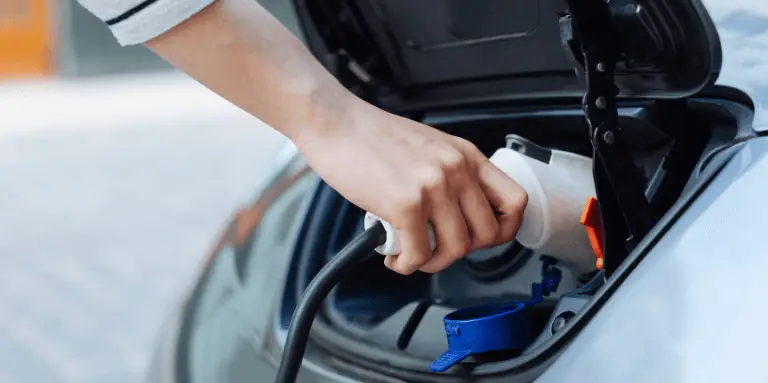
Adopting eco-driving
By adopting eco-driving habits, you'll drive more intelligently and, ultimately, reduce your electricity consumption. All in all, you'll have more range and need fewer recharges.
Here are a few easy techniques:
- Anticipate and drive smoothly: It's essential to accelerate and brake gradually, avoiding jerking and sporting behaviour.
- Set your pace: Especially on the motorway, driving at high speed considerably reduces your range, and you'll need to go to a recharging point more often.
- Optimise the use of air conditioning and heating: This equipment consumes a lot of energy. As a result, they should be used sparingly, and windows should be opened when the weather is warm.
In other words, drive zen and you'll maximise the range of your electric vehicle!
Choosing the right charging point for your electric car
This advice is aimed primarily at users of public charging points. Before using an outdoor charging point, it is essential to understanding your vehicle's specificationsIn particular, the power allowed by the internal charger. If this is the case, you run the risk of using more power than is accepted by your electric car, resulting in a loss :
- energy,
- time,
- and money.
If your vehicle allows ultra-fast charging, reserve it for exceptional situations, such as long journeys. Motorway charging charges are generally high.
Conclusion
Controlling the cost of recharging your electric vehicle is essential for effective financial management. By following the advice presented in this article, you can optimise and anticipate your energy costs using the simple calculation formula, and save money in the long run.
Whether it's choosing the right charging points, adopting eco-driving practices or planning your recharges wisely, every little thing counts to maximise the efficiency of your electric drive.
If you would like to find out more about the tax credit for in-car charging points 2024For more information, see our article on this subject.
